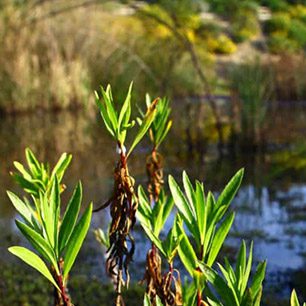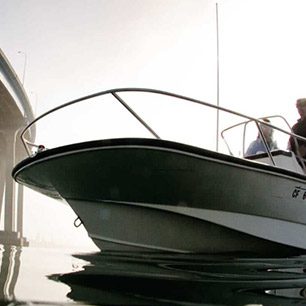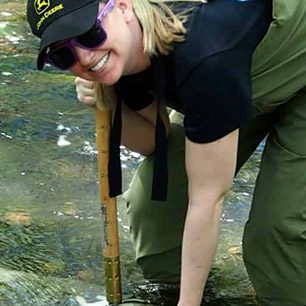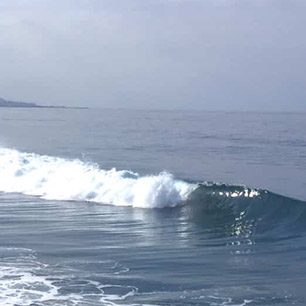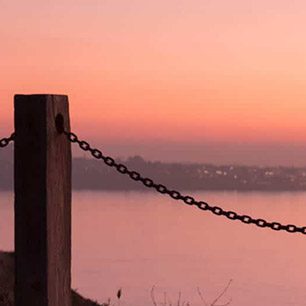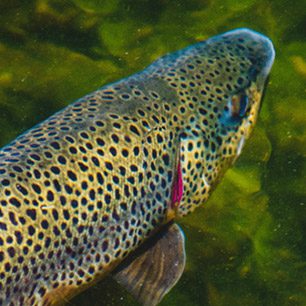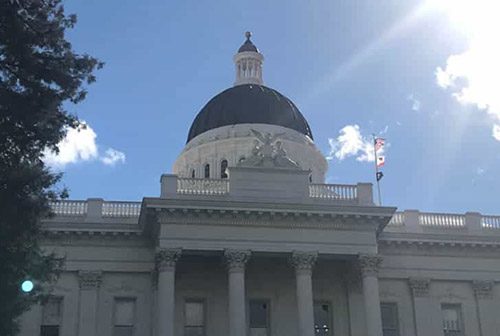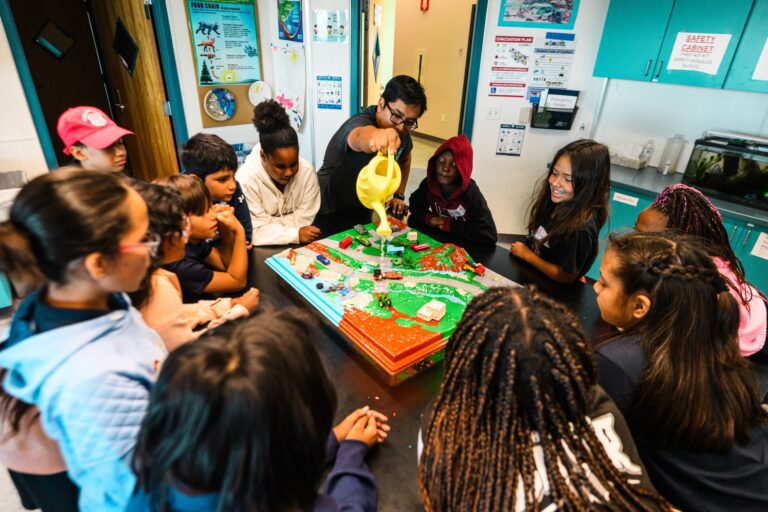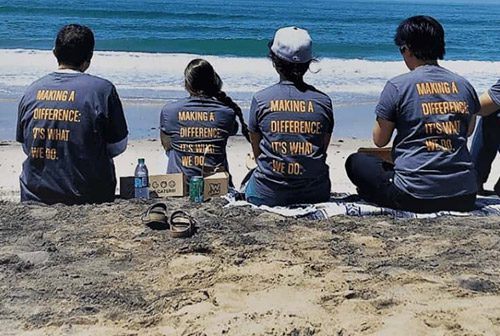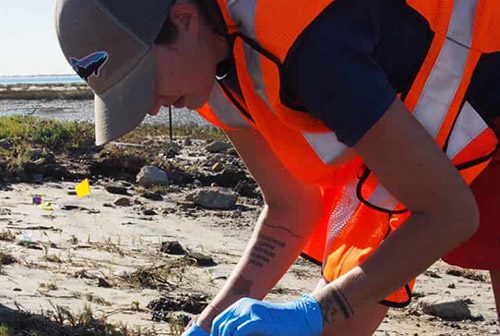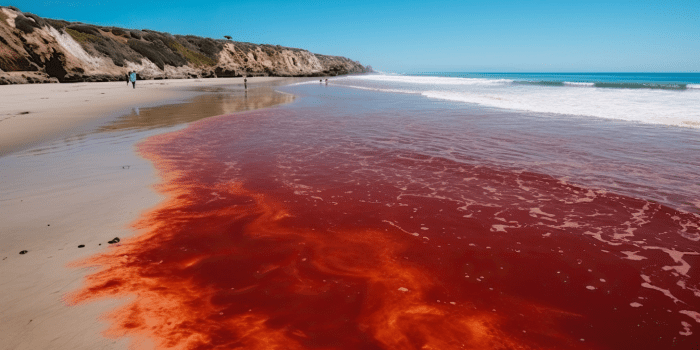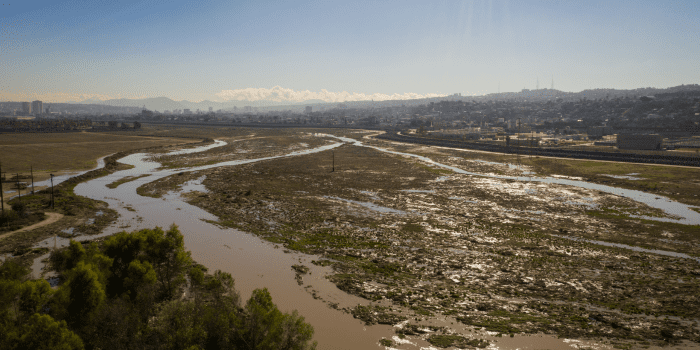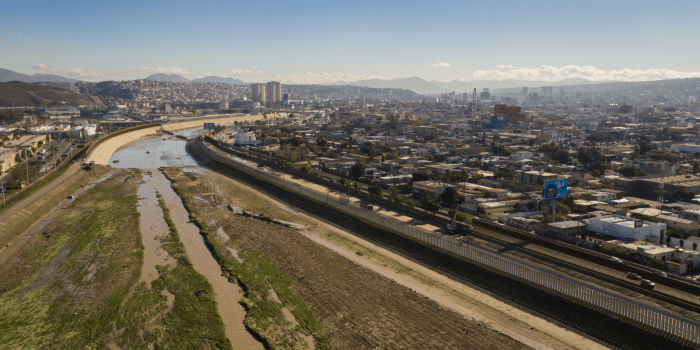Urban runoff is San Diego’s #1 pollution problem. Because San Diego gets rain so infrequently, pollutants build up on the land over time. When it rains, those pollutants are carried into our storm drains and out to our creeks, rivers, bays and ocean. This pollution harms water quality, making it unsafe to swim and impacting the health of the wildlife that live in our waters.
Urban runoff is a frustrating pollution problem to tackle because it comes from so many different sources. But just because it’s a difficult problem to solve doesn’t mean we shouldn’t try.
In fact, that’s exactly what San Diego Coastkeeper and dozens of other stakeholders from San Diego, Orange and Riverside Counties have been doing for the past month. Led by the staff at the San Diego Regional Water Quality Control Board, stakeholders from all three counties have gathered at three all-day meetings to address urban runoff.
The Regional Board is in the process of re-issuing the municipal stormwater permit required under the Clean Water Act that is the primary mechanism for cities to address stormwater issues. As part of the permitting process, the Regional Board convened a series of roundtable discussions to discuss how we can best use limited resources to see the biggest water quality improvements. A limited number of seats were allocated to representatives from cities in each county, environmental stakeholders, business stakeholders, and the U.S. Environmental Protection Agency. The meetings are open to the public, and each of the meetings has been attended by approximately 50 people. (Click here for the meeting schedule for the remaining meetings.)
These professionally moderated meetings provide an opportunity for the stakeholders to give feedback to the Regional Board staff about how the permit can allow, and in some cases compel, cities to improve their programs to tackle urban runoff issues. They also give stakeholders an opportunity to dialogue with eachother to search for common ground and common solutions.


We have also begun discussions with the City of Del Mar about how we can adapt our volunteer Pollution Patrol program to collect information that will help curb urban runoff in Del Mar.
As we continue through the process of developing the new stormwater permit, one thing becomes clear: everyone has a role to play in helping reducing pollution and keeping our waters clean. Over the next few months, as we refine and develop our Pollution Patrollers program, we will be calling for volunteers to step up and be the “eyes and the ears” out around the county looking for pollution problems. For those who can’t commit to formal patrols, we ask that everyone get informed about what urban runoff looks like and learn how to report problems when you see them in your everyday life. Our only hope of tackling this pollution problem is if all of us work together.
